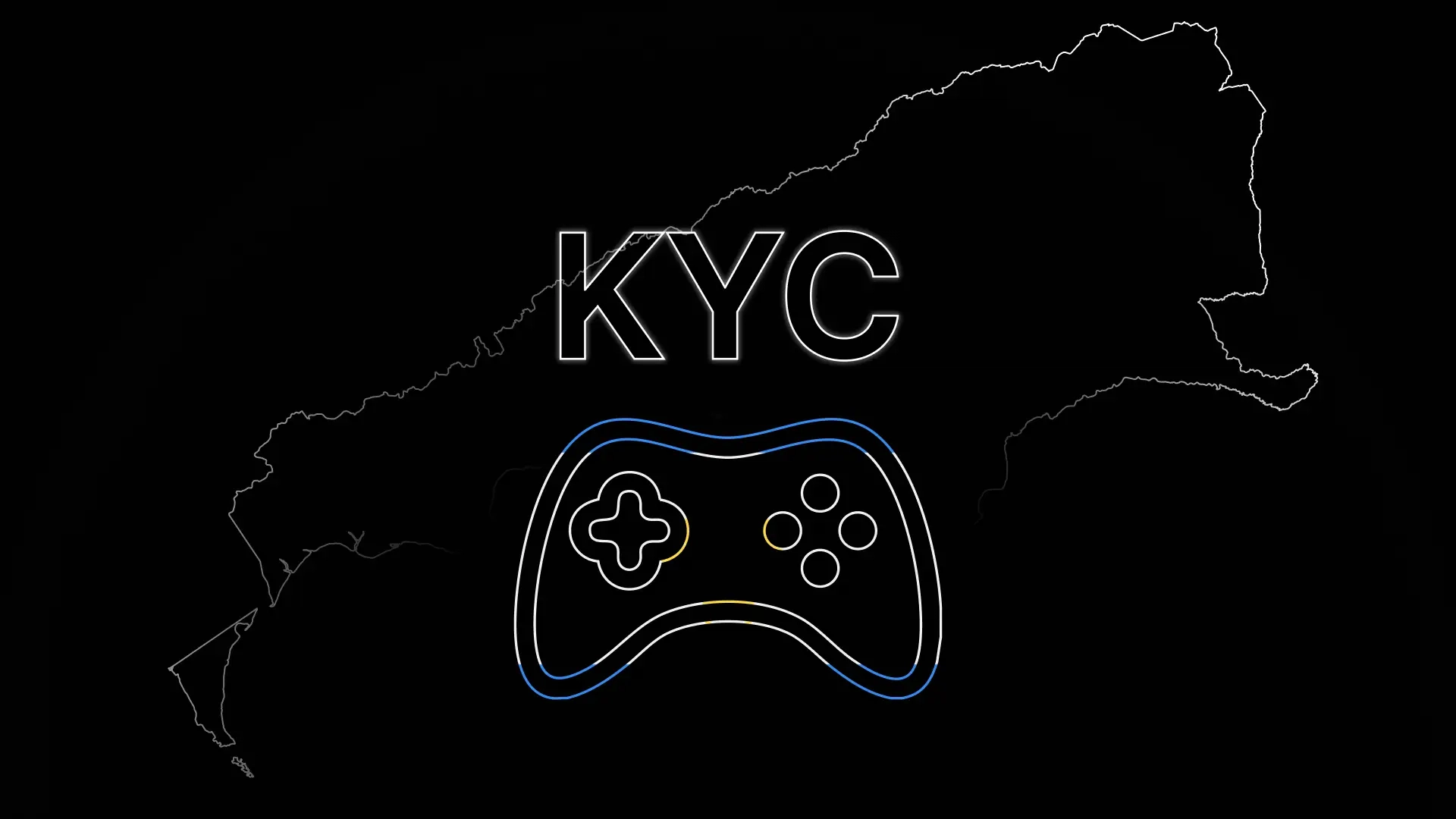What the rule requires in 2025: biometrics, RENAPER, and checks at every loginHow to implement frictionless identity verification in Argentina: a practical guide for product, legal, and complianceIdentity verification with Didit: free & unlimited KYC with Database ValidationHow to integrate Didit’s identity verificationConclusion: the rulebook is changing—your duty to comply isn’tFrequently Asked Questions

October 8, 2025
KYC Requirements for iGaming in Argentina in 2025 (what’s changing and how to comply)
October 8, 2025
KYC Requirements for iGaming in Argentina in 2025 (what’s changing and how to comply)
